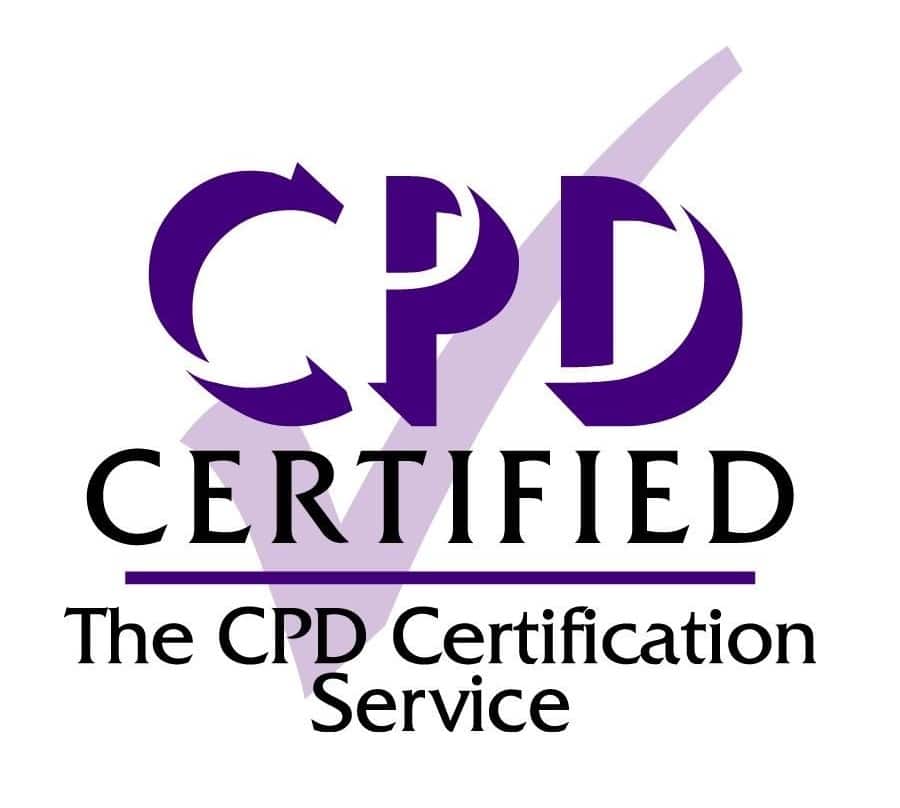Cancer Awareness
Current Status
Price
Get Started
About the course
This module provides a comprehensive introduction to cancer, covering its definition, types, development, causes, and risk factors. Participants will gain foundational knowledge about the mechanisms of cancer and its impact on individuals and society.
What will you learn
- What is Cancer?
Understand the definition, development, and types of cancer, including the biological processes like genetic mutations, apoptosis failure, and angiogenesis that contribute to its progression.
- Causes of Cancer
Explore the genetic, environmental, and lifestyle factors that contribute to cancer development, such as smoking, UV exposure, poor diet, and physical inactivity.
- Risk Factors
Distinguish between modifiable and non-modifiable cancer risk factors, including age, family history, smoking cessation, and lifestyle adjustments to reduce risks.
- Global Burden of Cancer
Learn about the rising incidence of cancer worldwide and the critical role of early detection, treatment access, and lifestyle changes in reducing mortality rates.
Course Content
References
- World Health Organization (WHO). (2024). Cancer Fact Sheet. Available at: https://www.who.int/news-room/fact-sheets/detail/cancer
- Cancer Research UK. (2024). What Is Cancer? Available at: https://www.cancerresearchuk.org/about-cancer/what-is-cancer
- National Cancer Institute (NCI). (2024). Stages of Cancer. Available at: https://www.cancer.gov/about-cancer/diagnosis-staging/stages
- American Cancer Society. (2024). Risk Factors for Cancer. Available at: https://www.cancer.org/cancer/risk-prevention.html
- Macmillan Cancer Support. (2024). Cancer Treatment and Support. Available at: https://www.macmillan.org.uk/cancer-information-and-support
- National Health Service (NHS). (2024). Cancer Screening Programmes. Available at: https://www.nhs.uk/conditions/cancer/cancer-screening/
- National Institute for Health and Care Excellence (NICE). (2024). Supportive and Palliative Care for Adults with Cancer. Available at: https://www.nice.org.uk/guidance
- British Journal of Cancer. (2024). Immunotherapy in Cancer Treatment. Available at: https://www.nature.com/bjc
- Public Health England. (2024). HPV Vaccination Programme. Available at: https://www.gov.uk/government/collections/hpv-vaccination-programme
- International Agency for Research on Cancer (IARC). (2024). Global Cancer Statistics. Available at: https://www.iarc.who.int/
- (2024). Why do so many young people suddenly have cancer? Retrieved from https://www.vox.com/explain-it-to-me/389508/cancer-early-young-adults-colon-breast-explained
- The Sun. (2024). Eat more fibre, have safe sex and seven other lifestyle hacks to decrease your chance of getting cancer. Retrieved from https://www.thesun.ie/health/13081131/lifestyle-hacks-decrease-cancer-risk-health/
- Verywell Health. (2024). Healthy Habits Could Prevent Nearly Half of Cancer Cases, Study Finds. Retrieved from https://www.verywellhealth.com/how-many-cancers-linked-to-modifiable-lifestyle-risk-factors-8690109
- Business Insider. (2024). 4 things an oncologist does to lower his cancer risk as rates rise in young people. Retrieved from https://www.businessinsider.com/oncologist-lower-cancer-risk-rising-rates-young-2024-6
- New York Post. (2024). Gen X, millennials at higher risk for 17 cancers: ‘critical’ report. Retrieved from https://nypost.com/2024/07/31/lifestyle/gen-x-millennials-at-higher-risk-of-developing-17-cancers/
- The Times. (2024). Why are so many young people getting cancer? Retrieved from https://www.thetimes.co.uk/article/why-young-people-getting-cancer-diagnosis-fj6bzbs3c

“Duis aute irure dolor in reprehenderit in voluptate velit esse cillum dolore eu fugiat nulla pariatur. Excepteur sint”
Katherine Cutts
Junior Designer at Company

“Duis aute irure dolor in reprehenderit in voluptate velit esse cillum dolore eu fugiat nulla pariatur. Excepteur sint”
Daniel Smith
Mobile Developer at Busines
Ratings and Reviews







